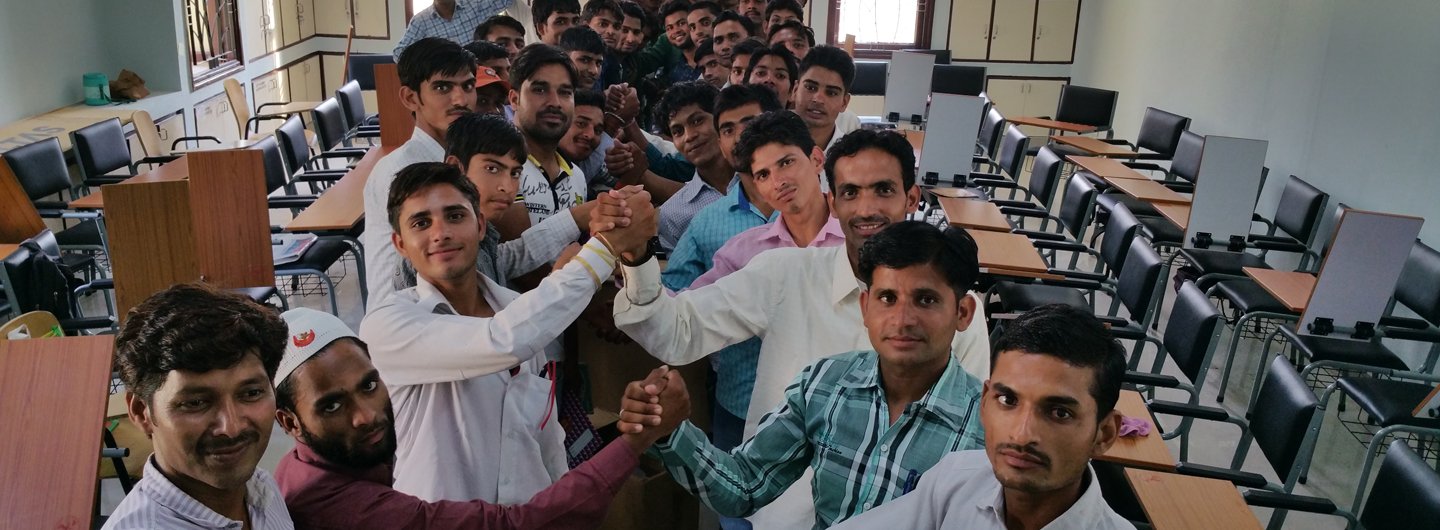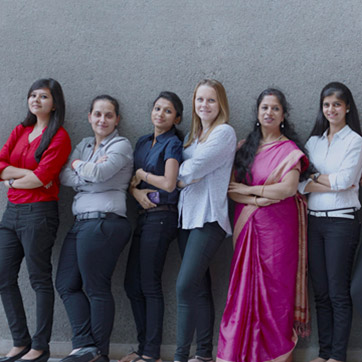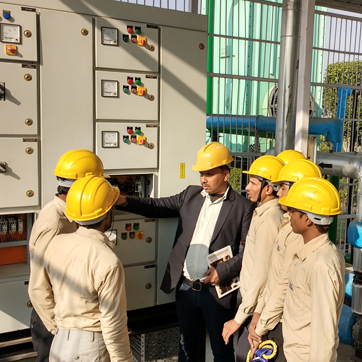The Tata Affirmative Action Programme commits Tata companies to exercising positive discrimination in employing personnel from historically disadvantaged communities.
The Tata group has a legacy of engagement with the disadvantaged sections of society dating back to its founding fathers. The Tata Affirmative Action Programme (TAAP), adopted in April 2007, attempts to address the prevailing social inequities in India by encouraging positive discrimination for the Scheduled Castes and Scheduled Tribes (SC/ST) communities.
The Tata agenda is aligned with the framework on affirmative action (AA) prepared by the Confederation of Indian Industry, which focuses on four areas of development: employment, employability, entrepreneurship and education, ie the four Es.
Tata companies have CEO-led AA committees to decide AA strategy and oversee the implementation of the programmes. The Group AA Forum, set up in 2006, has devised a system of recognition and rewards based on external assessment of companies’ AA initiatives and modelled on the Tata Business Excellence Model.
Tata AA policy
- Tata companies believe in social equity.
- Tata companies adhere to the principle of equal opportunity, irrespective of caste, whether in recruitment or career advancement within the organisation.
- Tata companies are also committed to directly conducting or supporting initiatives to ensure an equal footing for socially and economically disadvantaged sections in the country at large, and specifically the Scheduled Caste and Scheduled Tribe communities.
- Towards the ultimate goal of enhancing their employability and entrepreneurship abilities, Tata companies are committed to creating and promoting access to quality education and technical skills and competencies for members of the SC/ST communities.
- Further, to speedily enable these communities to overcome the social discrimination that has prevented them from realising their potential as productive members of society, Tata companies will assist members from these communities towards employment opportunities and as business associates, provided everything else (merit for employment, cost and quality for business associates) is equal.
TAAP impact
- Twenty-four Tata companies have spent close to Rs70 million on more than 13,000 scholarships for students from the marginalised communities; in addition, 25 companies have spent Rs7 million per annum on 140-plus scholarships, given in partnership with the Foundation for Academic Excellence and Access to meritorious poor students enrolled in professional colleges.
- Thirty-four Tata companies have active skill development programmes in which nearly 16,000 youth from SC/ST communities were trained in various trades in 2011-12.
- Many Tata companies have development programmes to encourage vendor-entrepreneurs from the marginalised communities, the most proactive among these being Tata Motors, Tata Chemicals, Tata Housing, Tata Projects, Tata Consultancy Services, Tata Power, Indian Hotels, Tata Chemicals, TRL Krosaki, Tata International and Tata Sponge Iron.
- More than 100 members of the Dalit Indian Chamber of Commerce and Industry are registered vendors of 10 Tata companies. The value of business outsourced to vendors under TAAP has grown from about Rs400 million in 2010-11 to about Rs900 million in 2011-12. (Figures for 2012-13 are being computed.)
- Tata companies are engaged in generating indirect employment through training and in directly recruiting to create employment for scheduled caste and tribe youth under TAAP; direct employment is generated mainly in the services segment.









